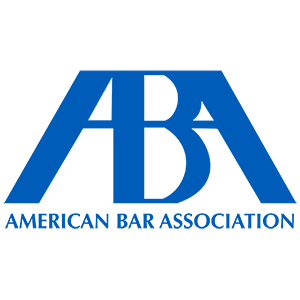Forgery in Arizona
Forgery is a fraud crime and is committed when a person creates or alters a writing so that it is false with the intent to defraud. Under Arizona law, forgery occurs when a person, with intent to defraud, “falsely makes, completes or alters a written instrument,” or “knowingly possesses a forged instrument,” or offers a forged instrument (whether it is accepted or not). A.R.S. §13-2002(A).
If a person is found in possession of five or more forged instruments, it “may give rise to an inference that the instruments are possessed with an intent to defraud.” A.R.S. §13-2002(B). In Arizona, a written instrument may be considered a forged instrument if it has an altered dollar figure or other material information. This means that an instrument with an authentic signature can still be considered a forged instrument if it contains other forged information.
Two examples of forgery involve check fraud and credit card fraud. A common check fraud scam is when someone, with the intent to defraud, signs someone else’s name to a check, makes the check payable to “cash” or to him or herself, and then cashes it and takes the money. A common credit card fraud scam involves forging an application and opening a credit card in someone else’s name. Forgery is a white collar crime.
Punishment for Forgery in Arizona
Arizona’s criminal law statute makes forgery a class 4 felony. A.R.S. §13-2002(D). A first-offense, class 4 felony is punishable by one year in jail if the court finds mitigating factors, such as age or impaired capacity. Possible punishment for a class 4 felony can include a minimum prison sentence of 18 months (1.5 years) and up to 3 years maximum. The prison sentence can increase if the court finds aggravating factors as listed in A.R.S. §13-701(D). If a person has prior convictions, then the prison sentence increases.
However, not all forgery crimes are class 4 felonies. If the forged instrument was “used in connection with the purchase, lease or renting of a dwelling that is used as a drop house,” then it is a class 3 felony. A.R.S. §13-701(D). A drop house means property that is used to facilitate smuggling. Class 3 felonies carry harsher penalties than class 4 felonies.
Defending Against Forgery Charges
A charge for forgery is serious. If you are under investigation for or have been charged with forgery (or any crime of fraud) in Arizona, you need an experienced White Collar Criminal Defense Attorney by your side.
Depending on the prosecution’s case against you, you may have a number of defenses available to you. For instance, you may not have known that the instrument was forged when you presented it to be cashed or you were given authorization to act on someone’s behalf, which may have included writing checks. When you hire us, we will thoroughly investigate the evidence and we may be able to dismantle the case against you, or to get criminal charges dropped to lesser charges.
Ashley D. Adams is a former fraud prosecutor with the U.S. Attorney’s Office. She understands how prosecutors operate and has insider experiences to use in your defense. Contact Adams & Associates, PLC or call now (480) 219-1366 to schedule a case evaluation.








